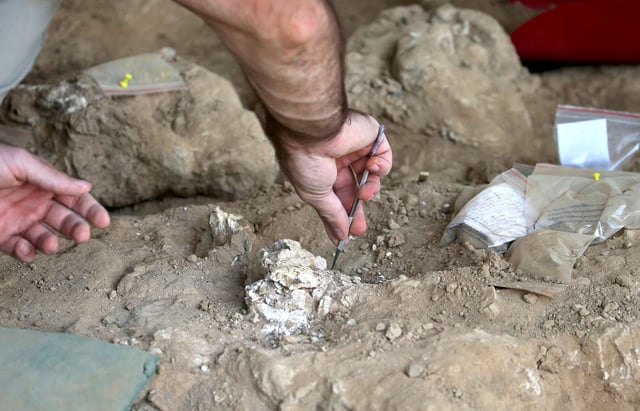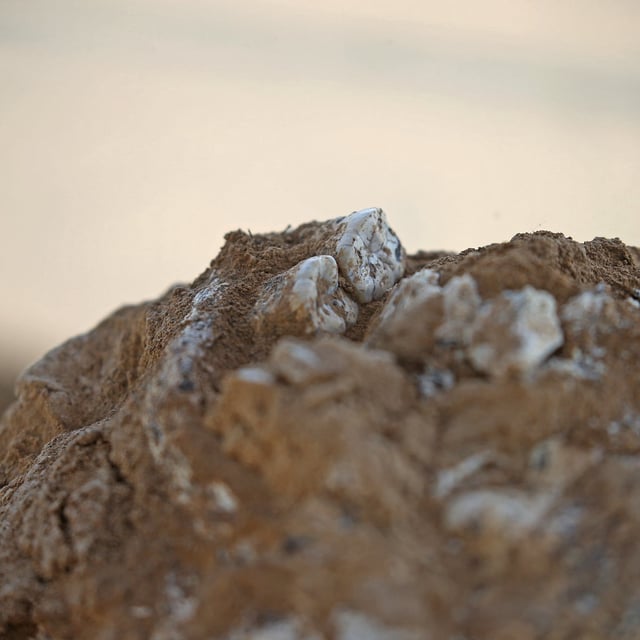Overview
- The lower jawbone, dated to about 1.8 million years, was excavated roughly 100 km southwest of Tbilisi near Dmanisi, where comparably ancient skulls were found.
- Archaeologists also recovered fossils of a sabre-toothed tiger, elephant, wolf, deer and giraffe, along with a cache of stone tools.
- The Orozmani team describes the finds as the oldest early human remains yet recovered outside Africa, with detailed analyses and formal publication still to come.
- Scientists plan close study of the human and animal material to investigate diet, lifestyle and environmental conditions during early Homo dispersal from Africa.
- The compact dig area, smaller than two parking spaces, has yielded recurring discoveries in recent seasons, including a 2022 tooth from the same era.

